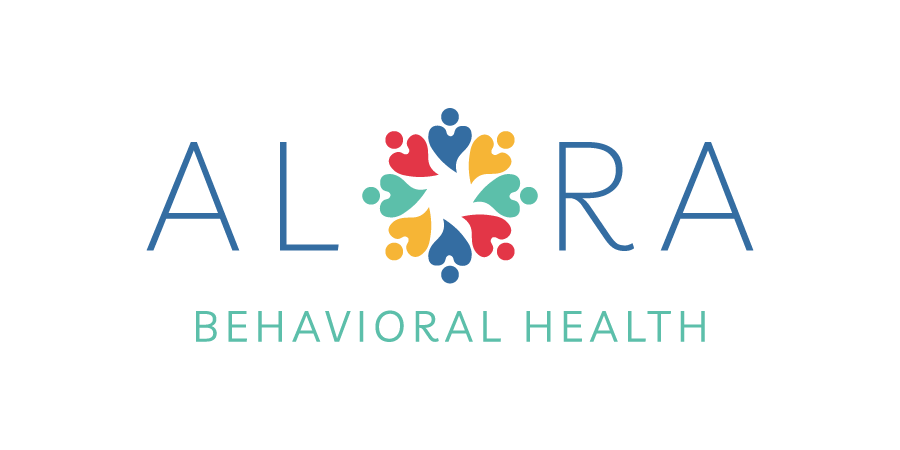Parenting is rewarding, but it can also be exhausting—especially when you’re supporting a child with unique developmental needs. Managing daily routines, addressing challenging behaviors, and advocating for your child’s growth can quickly lead to feelings of stress and overwhelm. If you find yourself wondering how to lighten the load, you’re not alone.
Applied Behavior Analysis (ABA) therapy offers more than skill-building for children—it provides families with tools, structure, and support that can make a real difference in day-to-day life. Here’s how ABA therapy can help ease the parenting load.
Building a Clear Structure at Home
One of the cornerstones of ABA therapy is structure. Therapists work with families to create routines and expectations that are predictable and manageable for the child. These structures often translate to smoother transitions, fewer power struggles, and a more organized day for the entire family.
Knowing what to expect reduces anxiety—for both children and parents.
Addressing Challenging Behaviors with a Plan
Challenging behaviors like tantrums, aggression, or refusal to follow directions can be incredibly stressful. ABA therapy doesn’t just “react” to these behaviors—it digs deeper to understand why they’re happening.
Therapists then work with families to create proactive strategies, teaching children more appropriate ways to communicate or cope. Having a plan in place makes these moments more manageable and less overwhelming.
Teaching Children to Be More Independent
Every new skill a child gains—whether it’s brushing their teeth, putting on shoes, or asking for help—lightens the parenting load. ABA therapy focuses on teaching daily living skills that build independence.
As children learn to complete tasks on their own, parents experience fewer demands and more moments of shared success.
Providing Emotional Support for Parents
Feeling supported matters just as much as having the right strategies. ABA therapists collaborate with parents to celebrate wins, troubleshoot challenges, and set realistic goals.
Knowing you have a team walking alongside you can ease feelings of isolation and burnout. You’re not expected to figure it all out alone—and you don’t have to.
Empowering Families with Practical Tools
ABA therapy equips parents with tools they can use across all areas of life—not just during sessions. Techniques like positive reinforcement, visual schedules, first/then prompts, and social stories help children succeed in different environments.
These tools aren’t just for therapy—they become part of daily life, empowering parents to feel more in control and less reactive.
Creating Room for Joy
When everyday struggles become more manageable, it creates more space for what matters most: connection, fun, and shared experiences. ABA therapy doesn’t eliminate all challenges, but it helps families navigate them in ways that leave more room for laughter, learning, and love.
Final Thoughts
Feeling overwhelmed doesn’t mean you’re doing anything wrong—it means you’re carrying a lot. ABA therapy is designed to support not just children, but their families too. With the right strategies, structure, and support, the parenting load can feel lighter, and the journey can feel a little more joyful.
At Alora Behavioral Health, we’re here to walk alongside you, offering expertise, encouragement, and a path forward—one step at a time.
